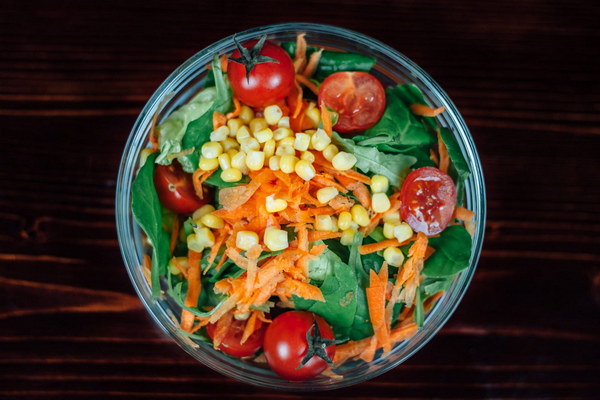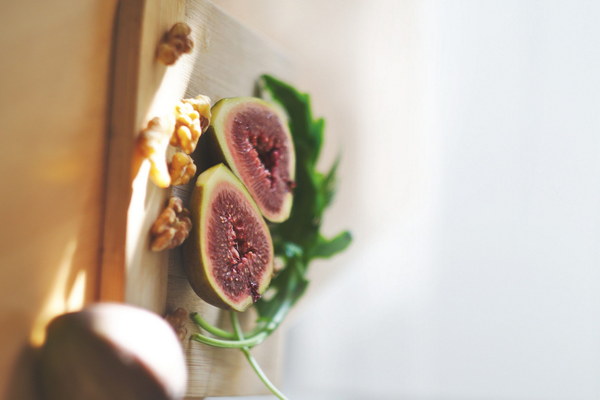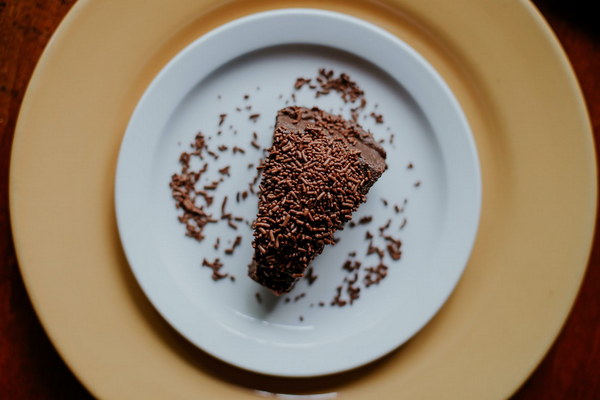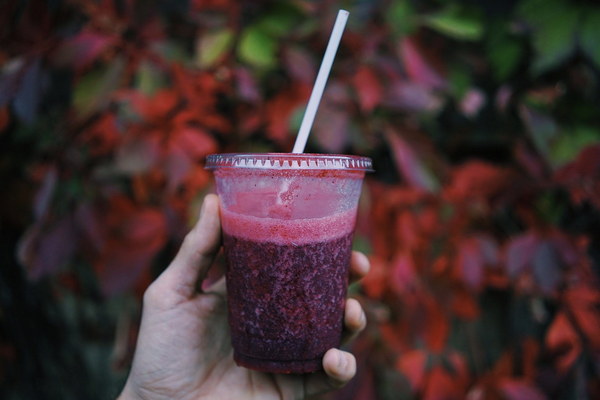Revitalizing Joints Exploring Guizhou's Traditional Wind-Damp Remedy and Dietary Delights
Nestled in the heart of China, Guizhou province is renowned for its breathtaking landscapes, rich culture, and traditional medicine practices. One of the most notable aspects of Guizhou's heritage is its unique approach to treating wind-damp ailments, a common condition that affects millions of people worldwide. Guizhou's wind-damp remedies have been passed down through generations, and one of the most popular treatments is the utilization of wind-damp medicine and a special diet, known as Guizhou's wind-damp medicinal cuisine.
Wind-damp, or fengshi in Chinese, refers to a group of conditions characterized by symptoms such as joint pain, muscle stiffness, and numbness. These ailments are believed to be caused by external factors, such as cold and dampness, which invade the body and disrupt its balance. To combat these external invaders, Guizhou's traditional healers have developed a blend of herbal remedies and a distinctive diet designed to nourish the body and expel the wind-damp.
The cornerstone of Guizhou's wind-damp medicinal cuisine lies in the use of local herbs and spices, which are believed to have healing properties. Some of the most commonly used ingredients include:
1. Dong Quai (Angelica sinensis): Known for its ability to nourish the blood and alleviate pain, Dong Quai is a staple in many wind-damp recipes.
2. Guizhou Green Pepper: This spicy, aromatic pepper is used to stimulate circulation and expel coldness from the body.
3. Chinese Yam (Dioscorea opposita): A sweet, starchy root that is believed to replenish the body's fluids and nourish the spleen and kidney.
4. Cinnamon: This aromatic spice is used to warm the body and improve blood circulation.
5. Chinese Wolfberry (Lycium barbarum): Known for its anti-aging properties, wolfberry is used to nourish the liver and kidneys.
Here's a recipe for a classic Guizhou wind-damp medicinal dish, known as Wind-Damp Eliminating Stewed Pork:
Ingredients:
- 500g pork belly
- 50g Dong Quai
- 20g Guizhou Green Pepper

- 30g Chinese Yam
- 10g cinnamon
- 10g Chinese Wolfberry
- 10g ginger
- 5g salt
- 2 liters of water
Instructions:
1. Clean and cut the pork belly into small cubes.
2. Soak the Dong Quai, Guizhou Green Pepper, Chinese Yam, cinnamon, and Chinese Wolfberry in water for 30 minutes.
3. Place all the ingredients in a large pot and bring to a boil.
4. Reduce heat and simmer for 2 hours, or until the pork is tender.
5. Add salt to taste and serve hot.
This stew is not only delicious but also packed with healing properties. The pork is rich in protein and vitamins, while the herbs and spices work together to nourish the body and expel wind-damp.
Guizhou's wind-damp medicinal cuisine is not limited to stews; there are countless recipes that incorporate these healing ingredients into everyday meals. For example, wind-damp-banishing soups, salads, and teas can be found in local markets and restaurants.
While modern medicine has made significant advancements in treating wind-damp, many people still turn to traditional remedies for relief. Guizhou's wind-damp medicinal cuisine offers a unique and natural approach to healing, allowing individuals to enjoy a healthy diet while addressing their specific needs.
In conclusion, Guizhou's wind-damp medicinal cuisine is a testament to the province's rich heritage and its commitment to holistic health. By incorporating these traditional remedies into their diet, individuals can experience relief from wind-damp symptoms and enjoy the delicious flavors of Guizhou's unique culinary tradition.









